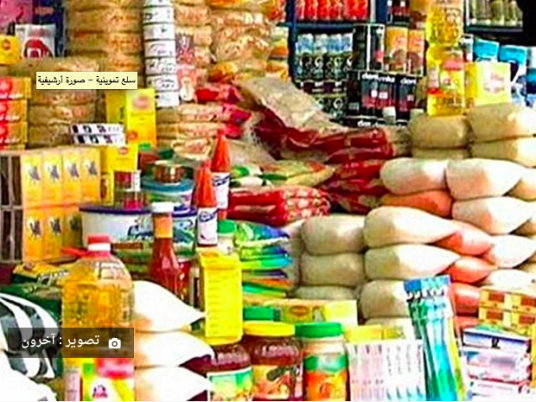
On May 9, President Abdel Fattah al-Sisi approved a 10 percent increase on all state pensions, a move that benefits about 9 million pensioners nationwide. The increase starts from July and was generally well received, but critics have pointed out that the added income will be canceled out by ongoing rises in consumer goods, including food.
State pensions are mostly available to those on low incomes once they reach retirement age at 60, and Sisi's increase has mostly helped the poor, including government workers on low income. Pensions have risen by at least LE75 monthly, making the minimum monthly pension LE500 pounds.
For state employees, pensions have risen by 10 percent, as determined by law No. 47 of 1978 dealing with civilian state employees.
"There are poultry investments exceeding 30 billion pounds in Egypt, but needs to be reviewed to increase production and fulfill the demand in the domestic market."
Soaring food prices are of particular concern to Egyptians at Ramadan due to the large amounts of food consumed during evening gatherings and family feasts.
"It was not good of the cabinet to hold a meeting after the price hikes without establishing a plan for the month of Ramadan," she said.
Tackling poverty
Nearly 40 percent of Egypt's population lives around the poverty line, which is less than US$2 a day, according to government statistics from last year.
To fix the prices of commodities, the government has sent refrigerator trucks to squares, selling subsidized rice, meat, and poultry products. The armed forces have been applying similar methods, but so far they have not been able to bring the price increases under control.
In addition to pensions, the government has been attempting to boost the monthly purchasing power of the poor by other means. This June, the Ministry of Supply and Internal Trade has increased the monthly allowance on food ration cards from LE15 to LE18 per person.
According to the vice president of the Federation of Chambers of Commerce, the government has tried many methods to control consumer inflation and increase the incomes of the poor, but inflation always cancels their efforts.
While, Hamaqi said government programs to support low-income citizens are very welcome, they need constant evaluation to ensure they are being of real benefit.




